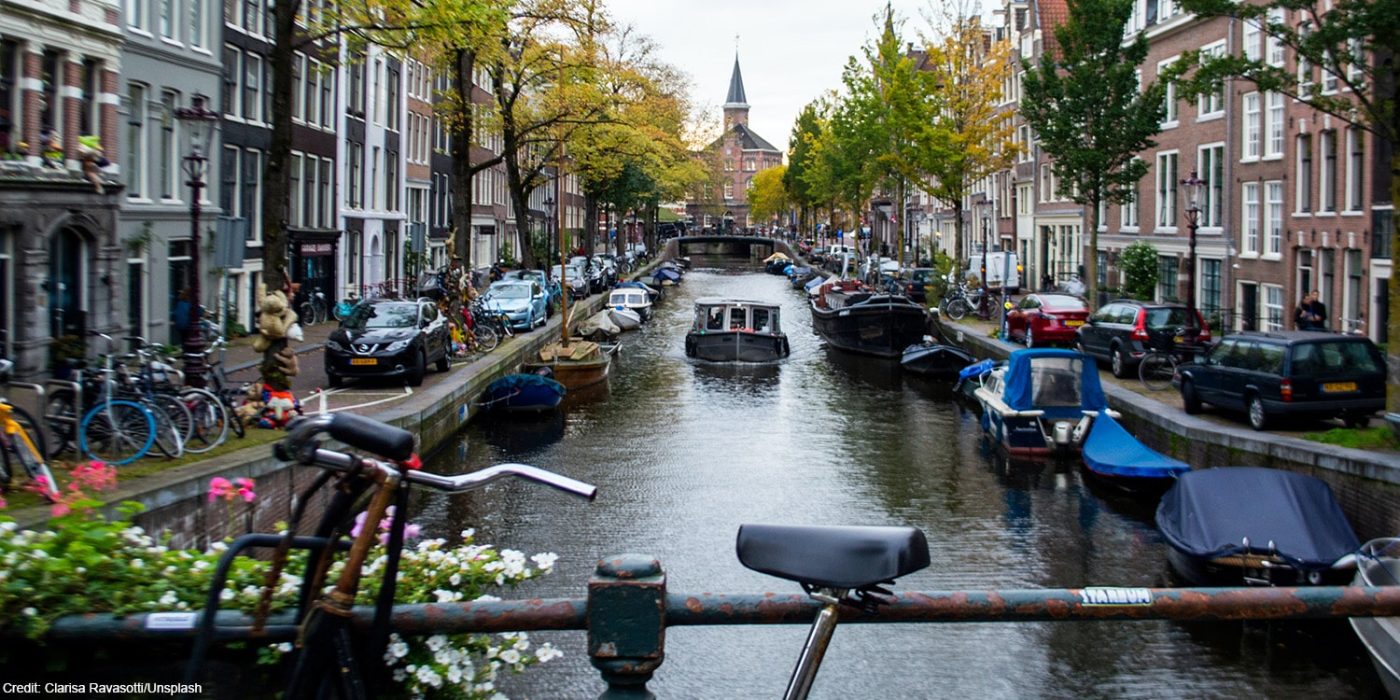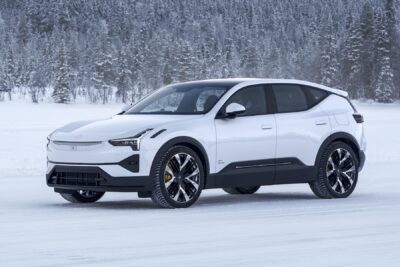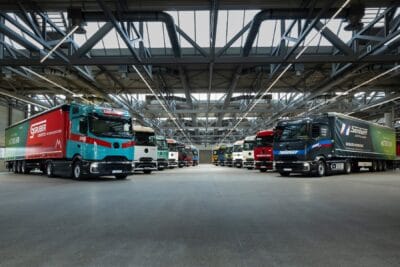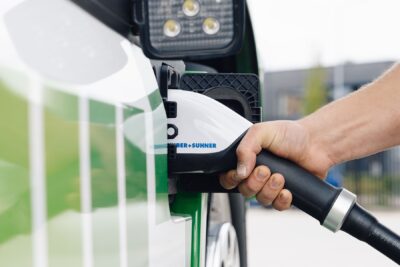Amsterdam brings forward ICE ban for most vehicles
From 2025, the Dutch capital will allow only zero-emission taxis, vans, trucks, scooters, and mopeds to run in large parts of Amsterdam. The new rule will apply to vehicles that will be newly registered as of 2025, with an important exception.
Private passenger cars will remain exempt from the regulation until 2030, when Amsterdam reportedly wants to ban all fossil-fueled transport, in line with recommended air quality values of the World Health Organization. Also, Diesel passenger cars with emission classes up to and including four will no longer be allowed to enter the environmental zone from 2025. For taxis and rental cars, the city and companies agreed on an ICE ban from 2025 last April.
Moreover, the new regulation, now coming, is in addition to the existing low-emission zone in Amsterdam, including passenger cars, vans, trucks, buses, taxis, scooters, and mopeds.
As for the new ultra-low emission zones or “milieuzones”, they depend on the type of vehicle. The one largely defined by the A10 ring road will apply to taxis, vans, and trucks. Scooters and mopeds within built-up areas will be restricted in almost all of Amsterdam, while pleasure craft may run emission-free in the city centre.
The regulation also only applies to newly registered vehicles from 2025, and the city mentions transitional rules for existing cars but has yet to deliver details. The same goes for charging and hydrogen infrastructure, where the city only says they would add “many”.
What is certain is that there will be exemptions and scrappage schemes, and Amsterdam residents with low incomes will receive support. According to local media, the city has set aside one million euros. “Amsterdam residents with a petrol or diesel vehicle or vessel that falls under the new rules will soon receive a letter,” the city said.
To ensure that internal combustion vehicles do not enter the city’s newly established low-emission zones, the number plates of all vehicles will be read and checked. Those who do not comply will have to pay a fine. This is a system also followed in London, for example. Similar to the British capital, which has been gradually widening and tightening the rules, Amsterdam introduced the first environmental zone in 2007 and 2009 and started installing charging points. Public transport buses will run exhaust-free from 2025.
The Netherlands enabled municipalities to introduce zero or ultra-low emission zones for delivery and other vehicles in early 2021 and wants to be among the first countries to allow cities to ban ICE vehicles entirely.





1 Comment